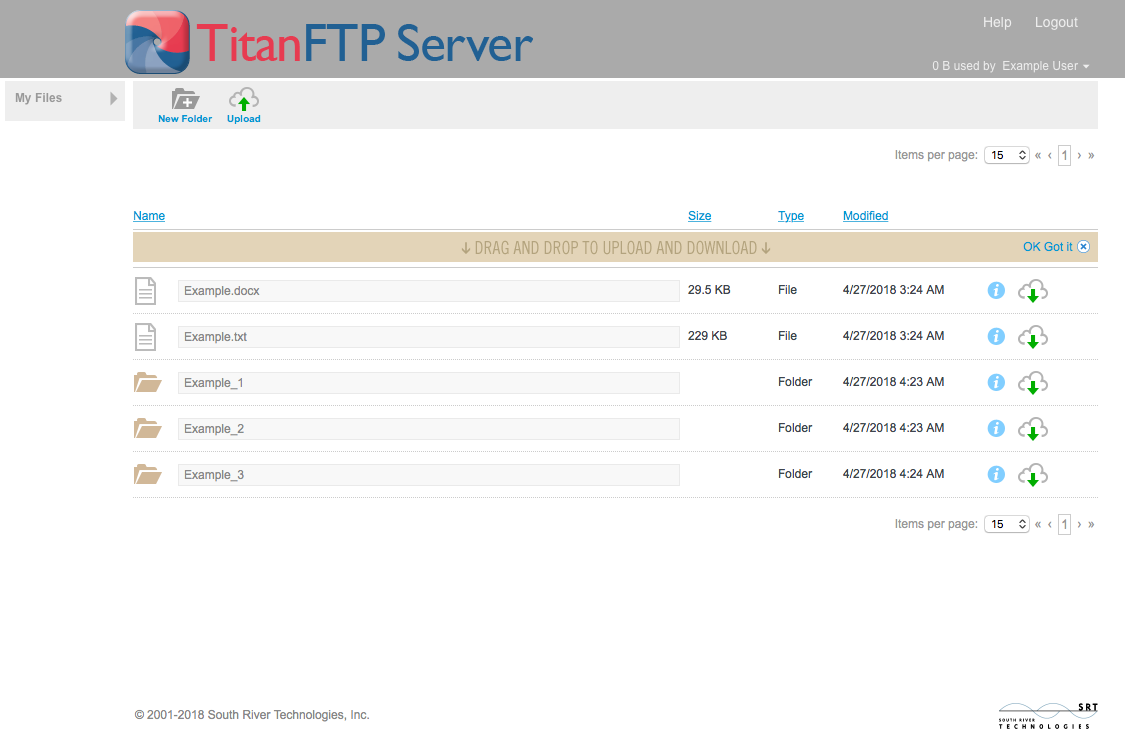A newbie in digital marketing? That’s not a problem. Digital marketing is arguably one of the most cost-efficient ways of increasing a business or individual’s visibility. Getting a job in this industry has its fair share of challenges, but even newcomers can get the hang of it after a period of exposure. There’s a simple a trick to landing a digital marketing job and you do not need to be highly experienced to get it.

The basics are everything in this field. Meaning, you should be familiar with important terms so that during interviews, you can give your interviewer an assurance that you are ready to take on the job. Pay attention to these terms as they are pivotal to anyone hoping to jumpstart a career in digital marketing:
1. Search Engine Optimization (SEO)
SEO makes use of different strategies to make a website rank higher in the SERP (search engine results page). Most websites aim to take the number 1 spot for specific keywords relevant to their niche. SEO used to be so generic but over the years, it has evolved into a systematic field with two distinct categories: on-page SEO and off-page SEO. If you want a job in digital marketing, you have to know the difference between the two.
Briefly, on-page SEO refers to techniques applied within the website such as ensuring that each web page follows the 2 percent keyword density rule and avoids keyword stuffing or keywords are present in all meta tags. There should also be inter-page and intra-page links on key areas of the website so that the homepage and webpages will rank well on search engine results. Off-page SEO strategies, on the other hand, pertain to external activities performed to give the website more visibility. These include link-building, social media postings, site pinging, email outreach and ad campaigns, to name a few.
2. Social Media Marketing (SMM)
Some companies market their products and services through social media alone, while others use social media hand in hand with SEO. Social media marketing takes advantage of popular social networking sites like Twitter, Facebook, Google Plus, Instagram and YouTube to build a business or individual’s reputation. In SMM, posts are usually customized to target a specific population, and keywords are used as hashtags.
Social networks are great platforms for getting a brand’s message across to potential customers; that is why they are indispensable in the digital marketing field.
3. Keyword Research
Whether it’s SEO or SMM, keywords play an important role in digital marketing. Although keyword research is a popular strategy in SEO campaigns, nowadays, keywords can be incorporated into social media posts and still contribute to online visibility. The main goal of this strategy is to know which words or phrases customers often search for so that site owners can adjust their web content based on these searches. Keyword-oriented websites often have a higher visibility than websites that do not pay attention to keyword research.
You will encounter more terms along the way in your quest to learn more about digital marketing including pay-per-click ad campaigns and guest blogging. Remember to learn at a pace you’re comfortable with, and start your job search only after having a good grasp of digital marketing.









Comments